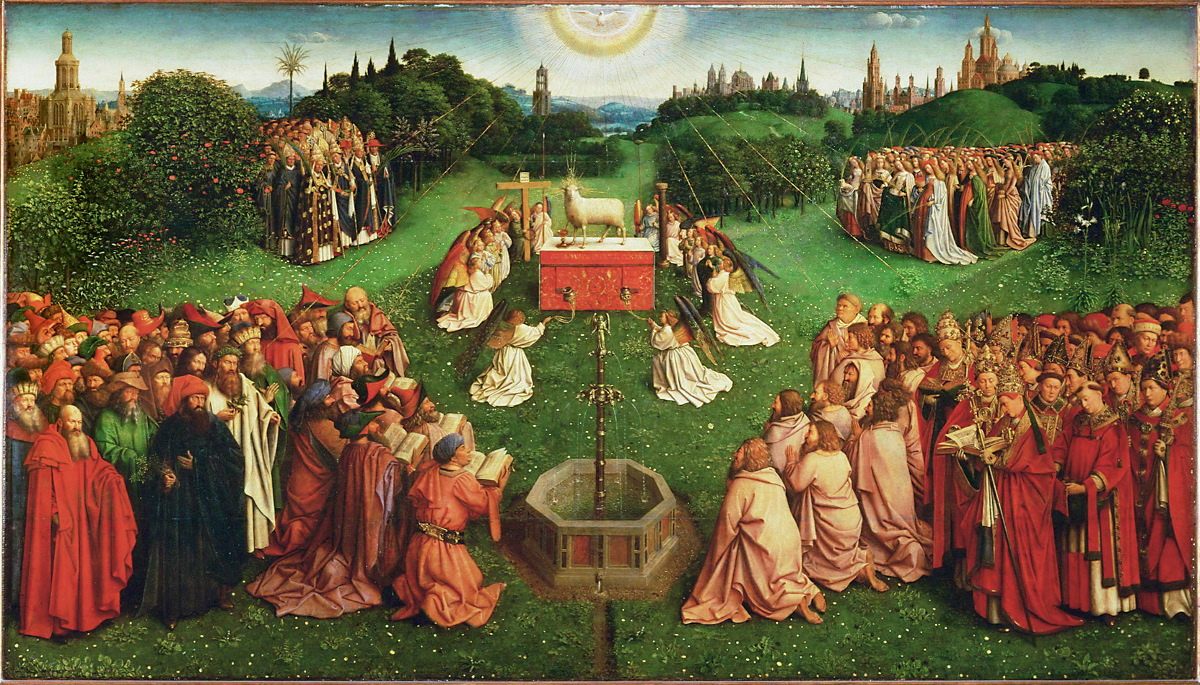
Lesson Objectives
- To understand the death of Jesus Christ on the cross as a sacrifice.
- To see the parallels between the Old Testament sacrifices and the sacrifice of Christ on the cross.
- To understand how that sacrifice is re-presented to us in the Mass.
IV. Study Questions
1. Why did Christian and Jewish interpreters conclude that Isaac must have gone willingly to his own sacrifice?
2. Why is it significant that Pilate sent Jesus to His death at "about noon" on the day of preparation?
3. To what Old Testament sacrifice do Jesus' words "my blood of the covenant" refer?
4. Why does John take such care to point out that none of Jesus' bones were broken?
5. How many times is the sacrifice of Christ offered?
6. What is the difference between "representing" and "re-presenting" Christ's sacrifice?
For prayer and reflection:
Other Lessons
- Lesson One: A Biblical Introduction to the Mass
- 1. To understand basic Catholic beliefs about the relationship between the Bible and the Liturgy.
- To understand the biblical basis for the Mass.
- To understand how in the Mass, the written text of the Bible becomes Living Word.
- Lesson Two: Given for You - The Old Testament Story of Sacrifice
- To understand the biblical background to the Penitential Rite and the Gloria in the Mass.
- To understand how God is worshipped in the Old Testament.
- To understand the biblical notion of sacrifice as it is presented in the Old Testament.
- Lesson Three: One Sacrifice for All Time
- To understand the death of Jesus Christ on the cross as a sacrifice.
- To see the parallels between the Old Testament sacrifices and the sacrifice of Christ on the cross.
- To understand how that sacrifice is re-presented to us in the Mass.
- Lesson Five: Heaven On Earth: The Liturgy of the Eucharist
- To understand the deep biblical foundations for the Liturgy of the Eucharist.
- To see how the Book of Revelation describes the liturgy of heaven.
- To understand how the Mass we celebrate on earth is a participation in the liturgy of heaven.
- Lesson Six: Memory and Presence: Communion as the Coming of Christ
- To understand the deep biblical foundations of Jesus’ command that the Eucharist be celebrated “in memory of Me.”
- To see how Scripture portrays Jesus as the Passover Lamb and how that portrayal is reflected in the Mass.
- To understand the Eucharist as parousia, the “coming” of Christ, and as the “daily bread” we pray for in the Our Father.